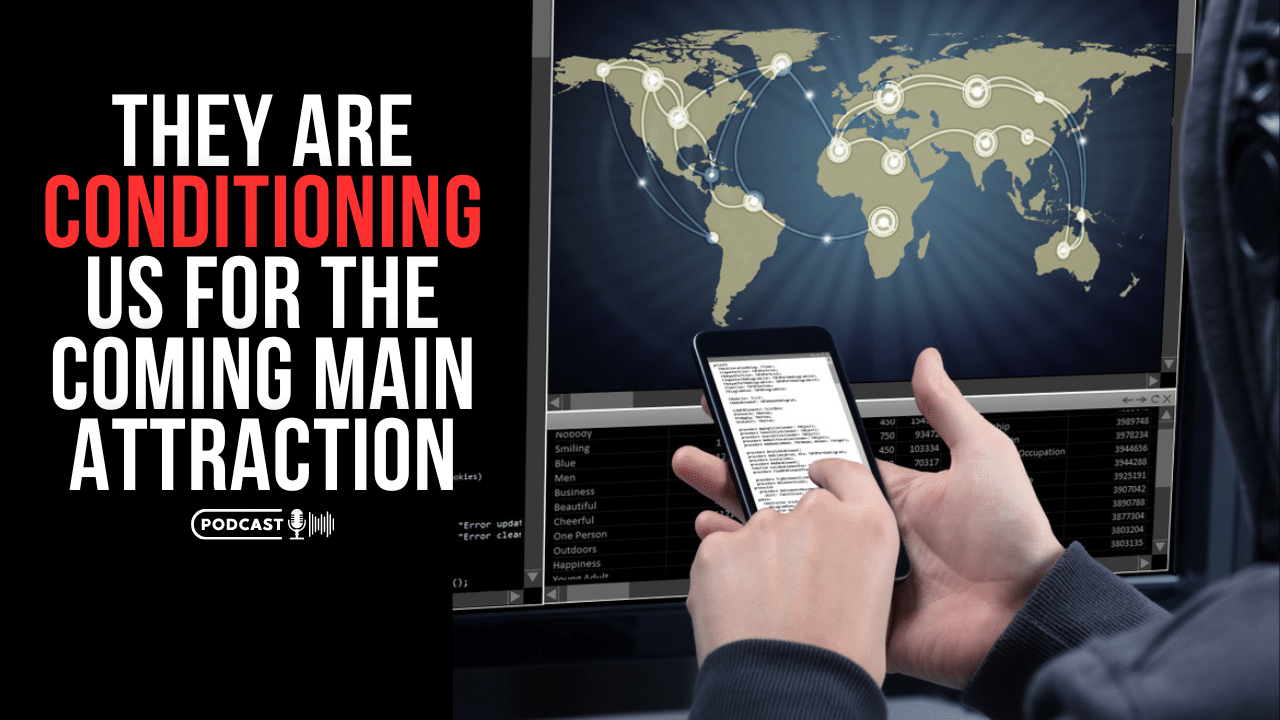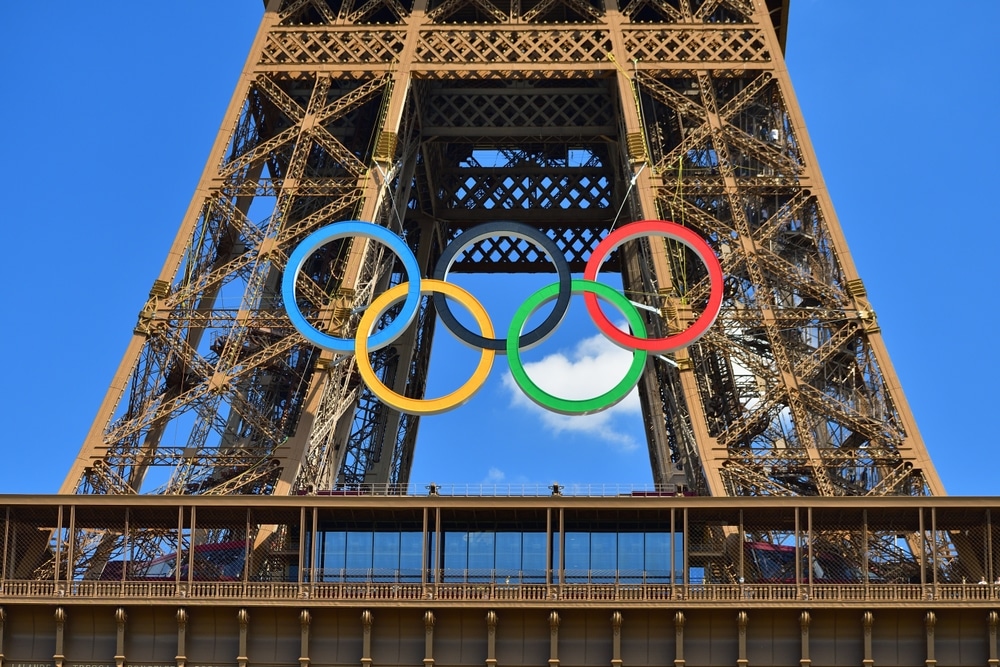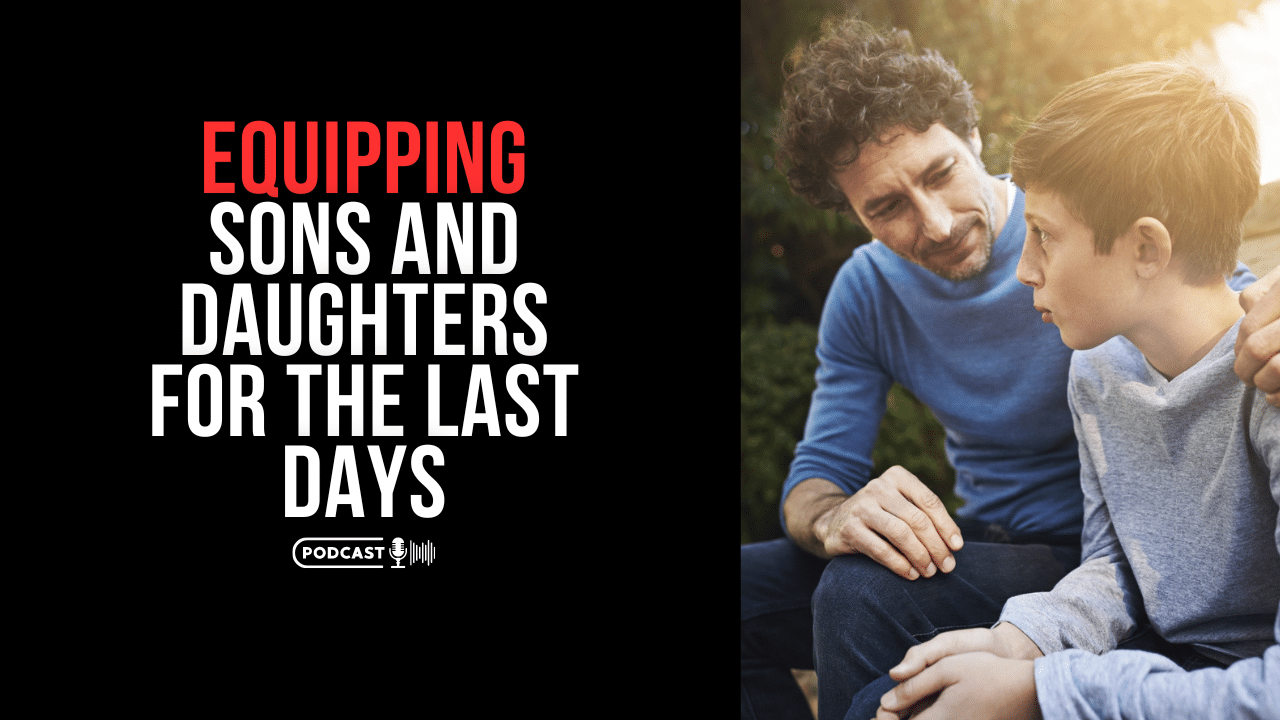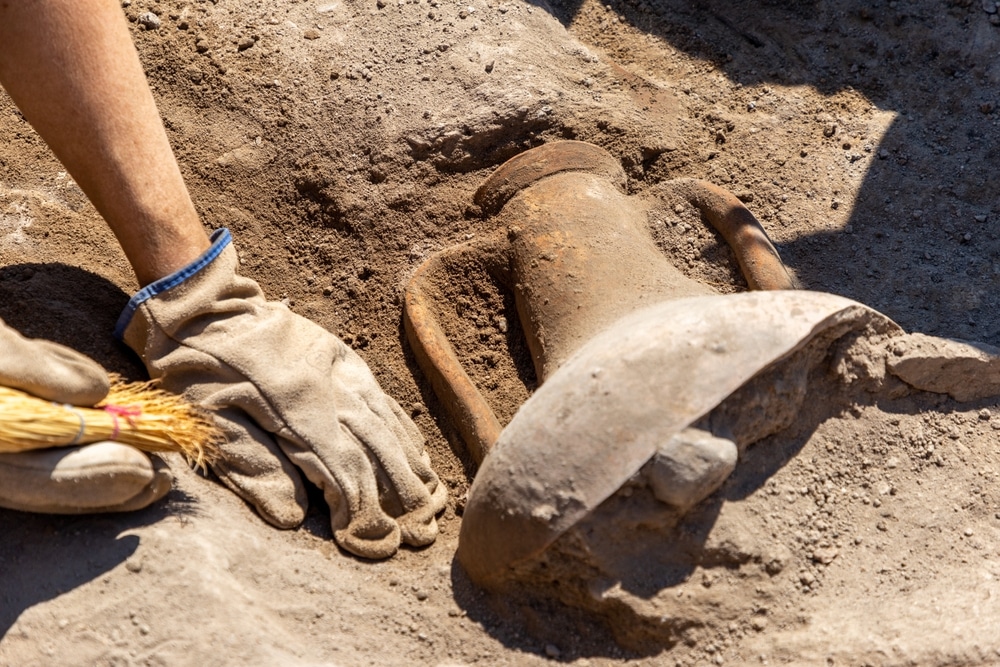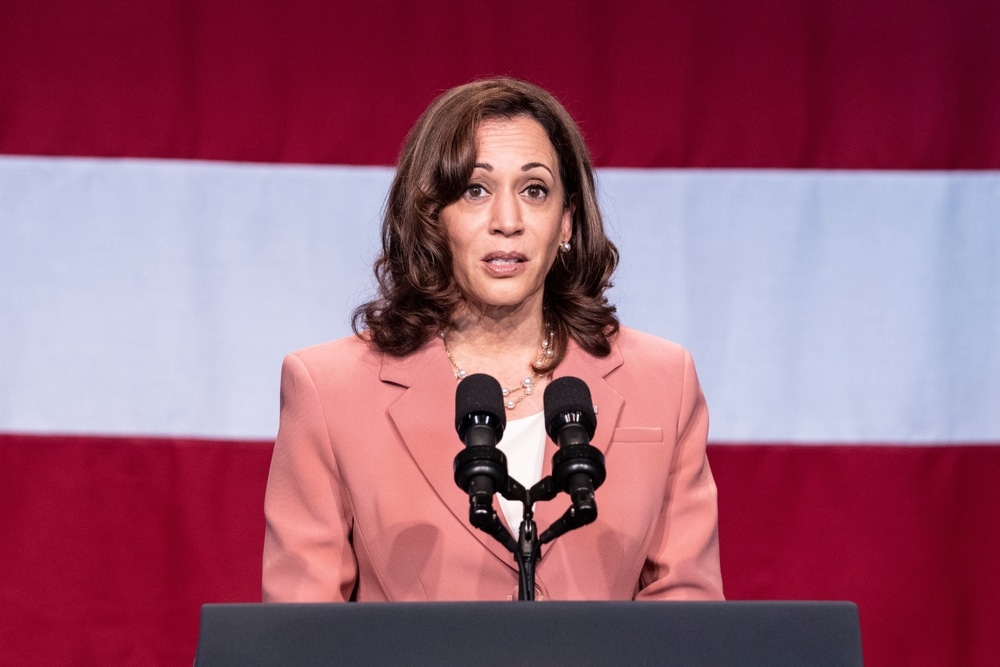(OPINION) Nearly two-thirds of adults in the United States say they would be comfortable if their child came out as lesbian, gay, or bisexual, according to a new survey, but only half would be comfortable with having a transgender or nonbinary child.
The poll released Thursday by The Trevor Project, a nonprofit group focused on suicide prevention and mental health for LGBTQ and questioning youth, analyzed overall knowledge, understanding, and comfort regarding sexual orientation and gender identity among U.S. adults.
More than 2,200 respondents answered questions on family acceptance, personal knowledge of LGBTQ people, as well as the usage of pronouns and LGBTQ identity terms, such as “queer,” “pansexual” and “nonbinary.”
The survey found that while two-thirds of adults reported personally knowing a person who identifies as gay (69%) or lesbian (65%), only 29% said they knew at least one transgender person.
That figure is even lower for nonbinary people, those whose gender identity or expression is neither male nor female. Fewer than one in five (17%) U.S. adults reported knowing at least one such person.
Those who were most aware of the fact that people use gender-neutral pronouns “generally were more comfortable about the prospect of their child using they/them pronouns,” the release reads.
On the other end of the spectrum, adults who weren’t aware of gender-neutral pronoun use were 2.4 times more likely to not be able to fully understand or support nonbinary and/or transgender children in their life. Issues of visibility continued to be spotlighted by the poll.
Just 29 percent of adults reported knowing someone who is transgender, while 17 percent said they know someone who is nonbinary. Beyond this, 69 percent said they know someone who is gay, while 65 percent report knowing someone who is a lesbian. Just 48 percent of adults reported knowing someone who is bisexual.
For those who knew that someone is trans or nonbinary, 67 percent reported knowing “one or two people,” while just 9 percent said they knew more than seven people who had these identities. Comparatively, 20 percent of surveyed adults reported knowing “more than seven gay, lesbian, bisexual, queer, or pansexual people,” according to the release.



